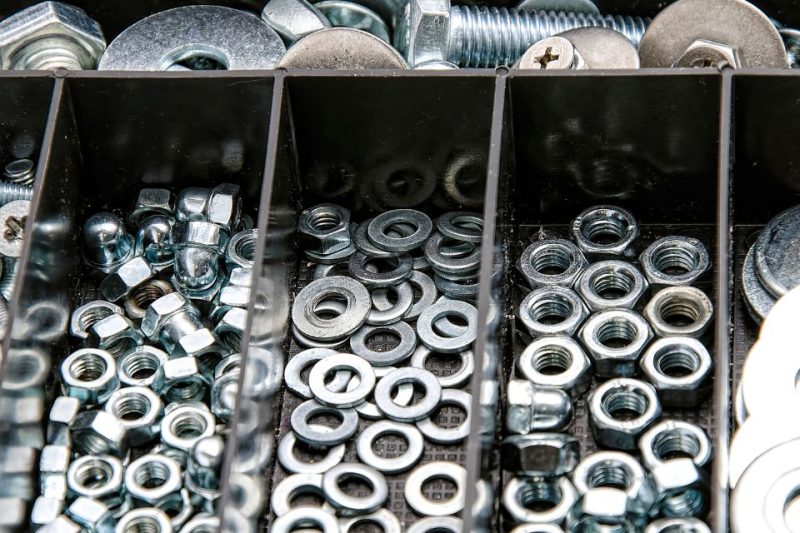Understanding the Different Types of Washers
10 March 2023
Different industries utilise various vital components to ensure they can carry out their operations optimally. They likewise use these components to produce useful parts and components.
One of the components industries and manufacturers often utilise is a washer. A washer is a small, flat ring or disc that can distribute the load of a threaded fastener like a screw or a bolt. It is often positioned between the nut or head of the fastener and the surface of the material being fastened. Once installed, it can prevent the material from being fastened from getting damaged. It can also distribute the force of the fastener evenly.
Different types of washers can be used by various industries. Some of them are as follows.
Flat Washers
Flat or plain washers are the most common type of washer used by industries today. They boast a flat surface with a hole in the centre. Their primary purpose is to distribute the fastener’s load over a wider area. It also prevents the fastener from digging into the surface of the material being fastened as well as corrects the size of an opening. They can be made from materials like stainless steel, steel, brass, and plastic. They come in a wide range of sizes and thicknesses.
Spring Washers
Spring washers, also known as Belleville or conical washers, are intended to provide a constant force on the fastener, which prevents loosening due to vibrations or other forces. These washers often feature a conical shape so they can compress and expand under load. They can be manufactured out of spring steel or other high-strength alloys. They can be maximised in the automotive and aerospace industries, where high vibration resistance is required.
Lock Washers
Lock washers can prevent fasteners from loosening due to vibration or other forces. They feature a small tab or protrusion so they can lock into the fastener threads. These washers can be grouped further into split or star washers. Split washers have a split in the centre, allowing them to compress and lock onto the fastener. Star washers, alternatively, have teeth that can grip the material being fastened. Lock washers are often made from metal.
Bevelled Washers
Bevelled washers can provide a flat and level surface for fasteners installed at an angle. They feature a sloping edge that matches the angle of the fastener and a flat surface that rests against the material being fastened. Bevelled washers are commonly used in construction and carpentry since they need fasteners to be installed at an angle.
Wave Washers
Wave washers are often curved in two directions so they can compress and expand under load. They can be utilised to provide a spring-like force on a fastener, which helps maintain tension and prevent loosening due to vibrations. These washers can even act as spacers or cushions. They are typically made from spring steel or other high-strength alloys, making them useful in automotive and aerospace applications where vibration resistance is required.
C-Washers
C-washers or crescent washers can provide a flat surface for fasteners installed in tight spaces. They have a curved shape to fit around the edges of a fastener while providing a flat surface for the nut or bolt head. These washers are used in automotive and industrial applications, where space is limited and fasteners must be installed in tight spaces.
Washers come in various shapes, sizes, and materials to suit different applications. Choosing the right washer type can ensure that the fastener is securely fastened and the material being fastened will not get damaged.
Optimized by: Netwizard SEO
